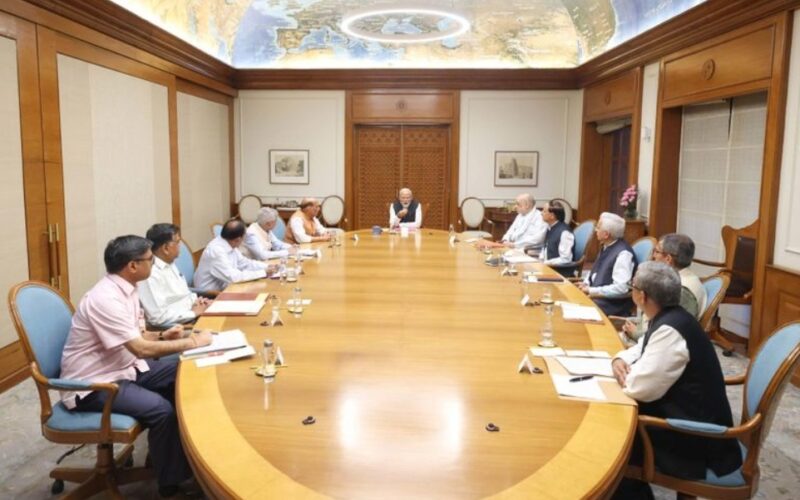New Delhi, April 23, 2025 — In a swift and forceful response to the Pahalgam terror attack that killed 28 civilians, India has announced a series of high-impact measures against Pakistan, marking a sharp escalation in bilateral tensions. Following a Cabinet Committee on Security (CCS) meeting chaired by Prime Minister Narendra Modi, Foreign Secretary Vikram Misri outlined decisions designed to isolate Pakistan and retaliate against cross-border terrorism.
Effective immediately, India has suspended the Indus Waters Treaty of 1960, a foundational water-sharing agreement. This suspension, long discussed in strategic circles, is being justified by India’s position that “blood and water cannot flow together,” as echoed by former Foreign Secretary Kanwal Sibal.
In a parallel move, India has shut down the Attari Integrated Check Post, halting all trade and passenger movement between the two nations. Military ties are also being cut: India will withdraw all military attaches from Islamabad, while declaring their Pakistani counterparts in New Delhi persona non grata, ordering them to leave within a week.
A sweeping visa ban has also been implemented. All Pakistani nationals in India have been instructed to exit the country within 48 hours, and no new visas will be issued.
These actions come after the April 22 attack in Pahalgam’s Baisaran Valley, where militants linked to The Resistance Front — a Lashkar-e-Taiba proxy — killed mostly tourists in one of the region’s worst terror strikes since Pulwama in 2019. Prime Minister Modi, who cut short his Saudi Arabia visit, promised swift justice, while Home Minister Amit Shah labeled the attack a “challenge to India’s spirit,” assuring a response with “full force.”
The international community has rallied behind India, with strong condemnations coming from the U.S., Italy, Nepal, and others. U.S. Vice President JD Vance spoke directly to PM Modi, expressing unwavering support.
Former Jammu and Kashmir DGP S.P. Vaid has hinted that the attack may have involved Pakistan’s Special Services Group (SSG), likening the required response to Israel’s approach to Hamas. Intelligence inputs and border movements have raised concerns about possible retaliation from across the border.
Domestically, leaders across party lines have backed the government’s firm stand. RJD’s Tejashwi Yadav said this is a time to unite against terrorism, not politicize national security.
As India remains on high alert, with the National Investigation Agency leading the probe and search operations in Anantnag continuing, the message from New Delhi is clear: acts of terror will meet uncompromising resistance.
India Cracks Down on Pakistan After Pahalgam Attack: Indus Waters Treaty Suspended, Visas Canceled

